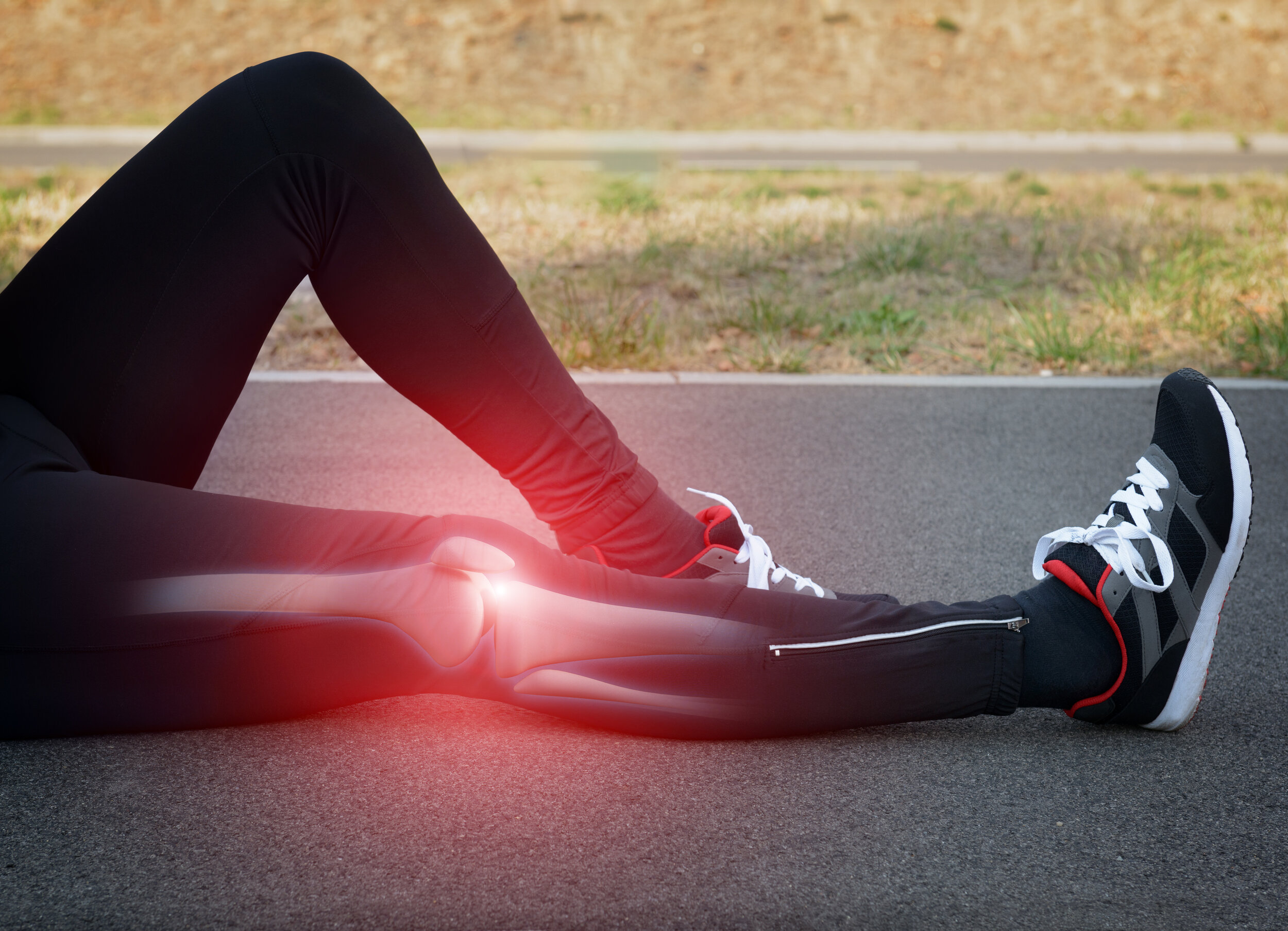
Joint Replacement FAQ
What is the recovery time after joint replacement surgery?
Each person heals from their surgery at a different pace. On average, most patients use crutches or a walker for up to 2 weeks after surgery to prevent falls or limping. It may take 6 months to 1 year before being able to return to athletic activities at your level of performance previous to surgery.
How long will I be on pain medications?
Typically, patients require narcotic pain medication for an average of 1 to 2 weeks after surgery. We will recommend that you wean off narcotic pain medicines as soon as possible after surgery, and off all narcotic medications completely by 6 weeks after surgery.
What are the risks of joint replacement surgery?
Risks include, but are not limited to, chronic lingering pain (10-20% risk) and joint stiffness. There is a less than 1% chance of serious side effects including, but not limited to, infection, bleeding, blood clots, fracture, dislocation, damage to surrounding structures, limb length inequality, failure or loosening of the artificial joint, recall of implants, numbness, heart attack, stroke, death, amputation, and problems with anesthesia.
What materials are used to make my artificial joint?
An artificial hip joint is made of a metal alloy, ceramic, cobalt chrome, and plastic.
Will my artificial joint set off airport security metal detectors?
As most artificial joints contain metal, your joint will likely set off an airport metal detector. A card about the implant is no longer required at airports.
When can I drive after total joint replacement surgery?
You may start driving after surgery once you have stopped taking narcotics, and if you are able to bear your full weight on the surgical leg. Typically, 2 to 3 weeks for the left leg, 3 to 4 weeks for the right leg.
When can I return to work after my hip or knee replacement?
If you work at a desk type job, you may be able to return in approximately 3 to 4 weeks. If you are quite active at work, you may require 2 to 3 months before you can return to full duty. In some cases, more time may be necessary.
When can I get dental cleanings after surgery? Do I need antibiotics?
We recommend waiting a minimum of 3 months after your joint replacement surgery before getting any dental work, including cleanings. We recommend antibiotic use before dental work or cleaning for the first year after your joint replacement. We can prescribe antibiotics before your dental appointment. Additionally, we recommend avoiding any dental procedures within 1 month of joint replacement surgery.
What about metal allergies?
If you have a known allergy to metals, we can send you for further testing and possibly opt for non-nickel components
When can I start physical therapy?
You can start physical therapy as soon as 3 days after surgery to work on range of motion and pain.
When can I do stairs?
You can do stairs with assistive devices before you are discharged from the hospital or surgery center. You may also learn to use stairs at your preoperative physical therapy appointment.
How long does a joint last?
80% of artificial joints will last up to 20 years.
Will I be able to get an MRI if I have an artificial joint?
Yes. All of our joints are MRI safe.
What activities can I do after a joint replacement?
Impact exercises or athletics including golf, skiing, hiking, swimming, biking, walking are encouraged. We prefer you to avoid jumping sports, running sports, and most court sports including singles tennis and racquetball.
